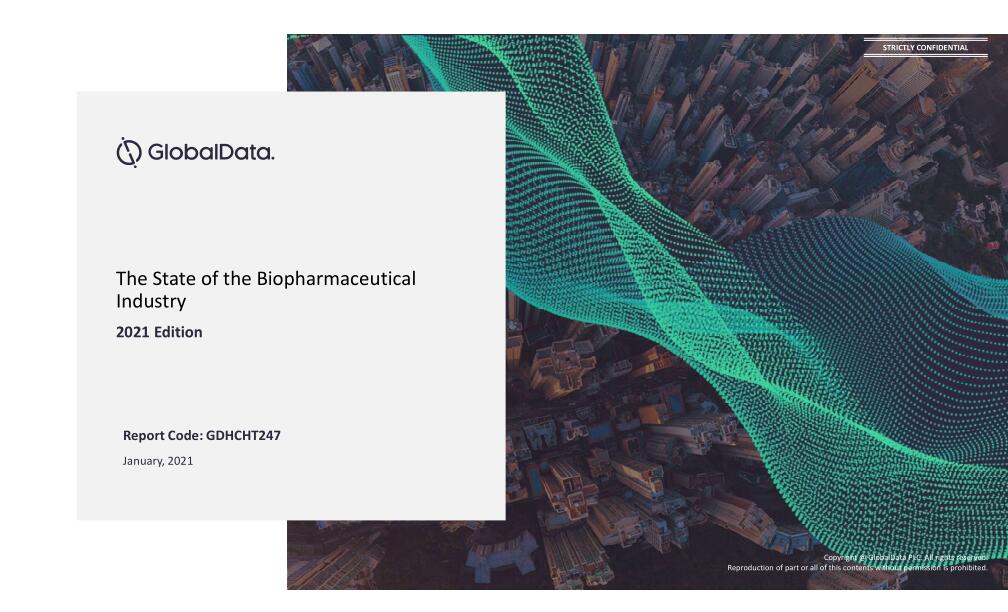
Rounding off US Black History Month, Xavier Becerra, secretary of the US Department of Health and Human Services (HHS), has said more work still needs to be done to allow health equity.
“We are far from done in pushing the envelope when it comes to equity by design,” said Becerra.
At the HHS Black Health Forum 2024, held on 28 February, the secretary announced a project for gene therapies, beginning with work towards access to sickle cell disease treatments.
“We now have, within our grasp, not just a treatment, but a cure for sickle cell disease,” added Becerra. However, he highlighted monetary barriers to treatment access.
On 8 December, the US Food and Drug Administration (FDA) approved two gene therapies for the treatment of sickle cell disease in patients 12 and older. Vertex Pharmaceuticals and CRISPR Therapeutics’ CRISPR/Cas-9 therapy, Casgevy (exagamglogene autotemcel), and Bluebird Bio’s cell-based gene therapy, Lyfgenia (lovotibeglogene autotemcel), became the first US-approved gene therapies for sickle cell disease.
How well do you really know your competitors?
Access the most comprehensive Company Profiles on the market, powered by GlobalData. Save hours of research. Gain competitive edge.

Thank you!
Your download email will arrive shortly
Not ready to buy yet? Download a free sample
We are confident about the unique quality of our Company Profiles. However, we want you to make the most beneficial decision for your business, so we offer a free sample that you can download by submitting the below form
By GlobalDataSee Also:
According to GlobalData’s pricing database, Casgevy has a US wholesale cost of $2.64 million whilst Lyfgenia wholesales at $3.72m in the US.
GlobalData is the parent company of Pharmaceutical Technology.
Becerra declared that the US Centers for Medicare and Medicaid Services (CMS) will soon begin an initiative to collaborate with as many states as possible to negotiate a deal with the pharmaceutical manufacturers of the two therapies. Headed by CMS administrator Chiquita Brooks La-Sure, the organisation plans to reach a deal on a reasonable price for gene therapies to increase access for patients.
“If we do it together, we can bargain because we have the power of numbers behind us and we can negotiate the best deal,” says Becerra.
Sickle cell disease is the name of a group of diseases caused by dysfunction in the red blood cells. Symptoms of the disease include anaemia, increased risk of infection and, in some cases, stroke and death. The US Centers for Disease Control and Prevention (CDC) reports that the disease affects approximately 100,000 Americans, disproportionately occurring in one in every 365 Black or African-American births.
Becerra called the audience to action saying: “Make sure that your states are joining in this voluntary effort …to drive down the price and get the best bargain for those who have sickle cell disease and who are on Medicaid.”
At the forum, the HHS secretary raised other examples of the department’s health equity actions, highlighting the extension of Medicaid postpartum coverage. HHS currently has a programme, in partnership with Congress, that allows it to partner with states to deliver 365 days of postpartum care to new mothers. Becerra says 44 states have joined the programme since it launched, but he encouraged the remaining states to join the initiative.




